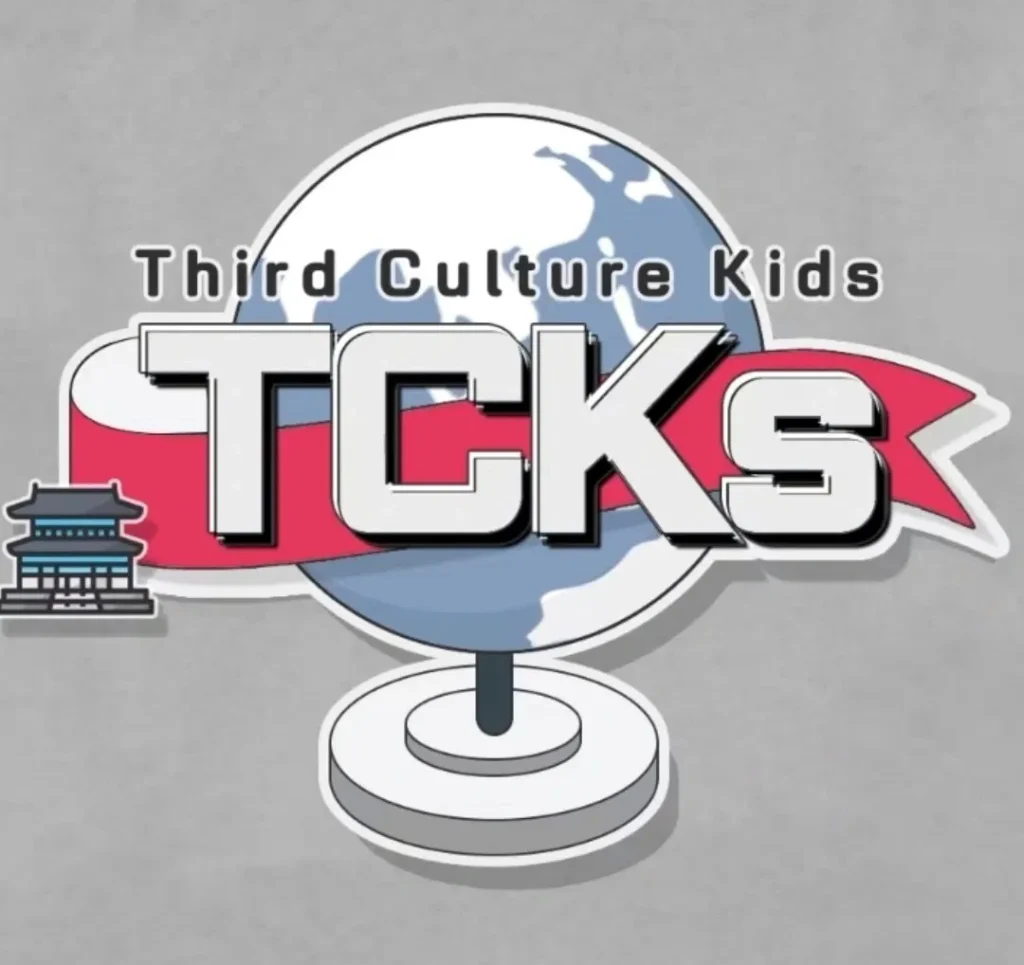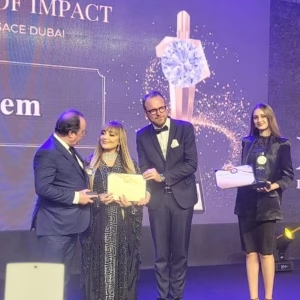In the cosmopolitan cities of the United Arab Emirates, among the gleaming skyscrapers and ever-evolving skylines, exists a quietly remarkable demographic: Third Culture Kids (TCKs). These are children who have spent the majority of their developmental years in a culture different from their parents’ home country. And in the UAE—where more than 85% of the population is made up of expatriates—TCKs are not only common, but they are also shaping the narrative of what it means to grow up in a truly global society.
Living between worlds can be both a gift and a challenge. It’s a life that blends languages, customs, values, and traditions, sometimes creating confusion, but more often cultivating adaptability and emotional intelligence. In a nation as diverse as the UAE, these kids represent the future of global citizenship.
Where Home is a Mosaic
The UAE is home to people from every corner of the world. It’s not unusual to meet a family where one parent is from South Korea, another from France, and their child was born in the US, raised in Dubai, and now speaks four languages. For these children, identity is fluid.

Ayaan, 16, whose parents are from Nigeria and Canada, puts it simply: “When people ask me where I’m from, I have to ask them if they mean my passport, where I was born, or where I feel at home. Each question has a different answer.”
That sentiment is echoed by countless TCKs across the Emirates. While many have never lived in their “home countries,” they carry aspects of that heritage—through food, holidays, and family traditions. Simultaneously, they absorb elements of the cultures around them, creating a blended identity that can’t be pinned down by a single flag or language.
This multicultural upbringing often leads to TCKs being more empathetic, open-minded, and inclusive. They are used to navigating difference, understanding nuances in behavior, and appreciating the value of diverse perspectives.
A Childhood of Constant Change
One of the most defining aspects of the TCK experience is transience. Friends come and go. Teachers change. Sometimes entire communities dissolve in a matter of months. For TCKs, saying goodbye becomes routine, and while that builds emotional resilience, it can also lead to a quiet longing for permanence.
Leila, 14, has lived in Abu Dhabi since she was a toddler but is now preparing for her family’s upcoming move to Europe. “I’ve moved schools five times,” she says. “Each time I start over—new friends, new systems, new accents. It’s exciting, but also really tiring.”

And yet, these transitions often equip TCKs with the ability to adapt quickly to unfamiliar environments. They become cultural chameleons—able to find common ground with others in any setting, whether it’s a new school or an unfamiliar airport.
Schools as Safe Spaces
For many Third Culture Kids, international schools in the UAE serve as the first true place of belonging. These schools are melting pots where diversity is the norm, and where educators often make a conscious effort to celebrate all cultures.
It’s not uncommon for students in a single classroom to come from a dozen different countries. Holiday projects, history lessons, and even lunch breaks are filled with cultural exchange. These institutions recognize the unique challenges TCKs face and aim to provide both structure and freedom—a place where students can explore their roots while planting new ones.
Emma, 17, says her school in Dubai feels like a second home. “It’s where I found people who are just like me. We may all be different, but none of us really fit into just one category. And that makes us feel like we belong.”
Family Dynamics and Identity Formation
Behind every TCK is a family making conscious or unconscious decisions about how to raise a child in a cross-cultural setting. Parents often grapple with how much of their own culture to pass on and how much to let their child absorb from their surroundings.
Some families make it a point to speak their native language at home, celebrate national holidays, and regularly visit their country of origin. Others lean into the host culture, allowing their children to grow organically within the UAE’s multicultural environment.
The result is often a balancing act. TCKs might speak Arabic with friends, switch to English at school, and speak Hindi or French at home. They may celebrate Eid with neighbors, Diwali with family friends, and Christmas with classmates.
Mina, 13, says her weekends are often a whirlwind of different traditions. “On Friday, I’ll go to the mosque with my dad. On Saturday, I’ll help my mom make spaghetti bolognese while we watch Korean dramas. Then we’ll go to a birthday party where everyone speaks Tagalog. That’s just how life is here.”
The Bittersweet Reality of Belonging
One of the paradoxes of being a Third Culture Kid in the UAE is the realization that this place—where many feel most at home—may not always be permanent. Most TCKs are on residency visas tied to a parent’s employment, and despite growing up in the Emirates, they may not have a path to long-term residency or citizenship.
This reality creates a complicated sense of attachment. Some TCKs begin to view their connection to the UAE as temporary, even if their memories, friendships, and identity are rooted deeply in the country.
Amir, now 22 and studying abroad, shares that he often dreams of his childhood in Dubai. “I miss the skyline, the late-night shawarma runs, the beach on weekends. It was my home for 18 years, but it’s not a place I can just return to without a job or a visa. That’s hard.”
Despite this, many TCKs retain a deep affection for the UAE and see it as a core part of who they are. For them, home isn’t just a physical location—it’s a feeling, a rhythm, a community.
The Role of Social Media and Digital Belonging
In today’s connected world, social media has become a vital space for TCKs to share their experiences and find their tribe. Platforms like Instagram, TikTok, and YouTube are full of content created by and for Third Culture Kids. Through memes, videos, blogs, and personal stories, they unpack the nuances of their lives and celebrate their unique perspectives.
These digital platforms also serve as a space for self-expression and cultural documentation. TCKs share everything from “accent switch” videos to emotional reflections on leaving a beloved city. Online, they find validation and camaraderie—proof that they are not alone in their in-betweenness.
Social media has allowed them to take control of their narratives and to redefine identity on their own terms. Whether it’s a meme about passport confusion or a heartfelt post about missing mango season in a distant homeland, these expressions build a collective understanding that transcends geography.
Third Culture Adults: Carrying the Legacy Forward
As more TCKs become adults, they carry their experiences into the workforce, into relationships, and into the communities they choose to build. Their adaptability, cross-cultural understanding, and global mindset are increasingly valuable in a world that’s rapidly becoming more interconnected.
In business, education, healthcare, and the arts, former TCKs are becoming leaders who know how to navigate complexity. They bring a level of cultural intelligence that can’t be taught in traditional settings—one born from lived experience.
They are also challenging traditional ideas of nationality and identity. Rather than fitting into neat boxes, they are crafting hybrid identities that are inclusive, flexible, and rich with meaning.
Parenting TCKs in the UAE
For parents raising Third Culture Kids, awareness and intentionality go a long way. Experts recommend open dialogue, exposure to both host and home cultures, and emotional support through transitions.
It’s important to validate the child’s feelings, whether they’re struggling with identity, missing a departed friend, or preparing for another move. Encouraging involvement in local communities—through clubs, sports, arts, or volunteering—can help build a sense of belonging and stability.
Equally important is giving kids the language to understand their own identity. When children are empowered to describe their unique background, they gain confidence and pride in who they are.
A New Kind of Global Citizen
Third Culture Kids in the UAE are quietly shaping the future. They’re living proof that borders are becoming less important than connection. They understand how to build bridges between people, how to listen across languages, and how to celebrate difference.
They might not have a single answer to “Where are you from?” but they’re creating a new answer to “Where do you belong?”
And maybe that answer is: “Everywhere—and right here.”
Read More: Bounce Into Fun at Trampo Extreme Yas Mall!













